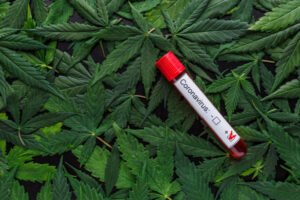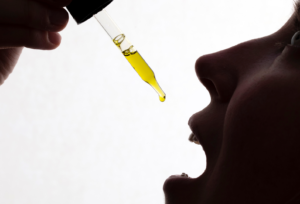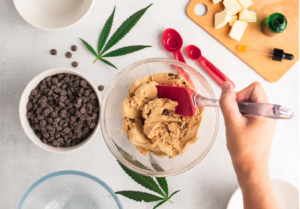
Hemp and CBD Coffee: What Does Research Tell Us?
In recent years we have seen a lot of hemp products become available on the market. One item of more recent interest is hemp or CBD coffee. Hemp coffee involves

In recent years we have seen a lot of hemp products become available on the market. One item of more recent interest is hemp or CBD coffee. Hemp coffee involves

In recent years, Cannabidiol, or CBD, has grown in popularity due to increased research and interest in its potential health benefits. Studies show that CBD can help alleviate a variety

An estimated 1 in 5 people will experience hives, also known as urticaria, at some point in their lives. A multitude of situations and substances can trigger the skin rash,

If you are familiar with the benefits of cannabinoid therapy, then you may have also heard of the biphasic properties of cannabinoids. In short this means that low and high

Cannabinoid therapy has gained a lot of attention recently in the world of sports. First, there is approval of Cannabidiol (CBD) by the World Doping Agency, therefore permitted for use

Right now, a lot is happening state by state in the name of cannabis. While there are many who aim to legalize this year, we are still witnessing actions towards

Two groundbreaking new preliminary studies have found that not one, not two, but three cannabinoids may block the original, live SARS-CoV-2 virus. The evidence suggests that the cannabis compounds can

February is American Heart month, dedicated to bringing awareness and attention to our cardiovascular health. Accumulating evidence suggests that cannabinoids such as CBD may be beneficial to our cardiovascular system.

Cannabidiol (CBD) is a major cannabinoid of the Cannabis sativa plant and we have witnessed interest in the compound skyrocket in the past few years due to its potential ability

Whether you are a gourmet chef or a beginner, you can mix up your recipes this new year by infusing your meals with an ingredient you may or may not
Open the following in new tabs if you:
If you are already a user: Client Login
If you are not, then register: Client Registration
Once Logged in, click below to refresh the page.